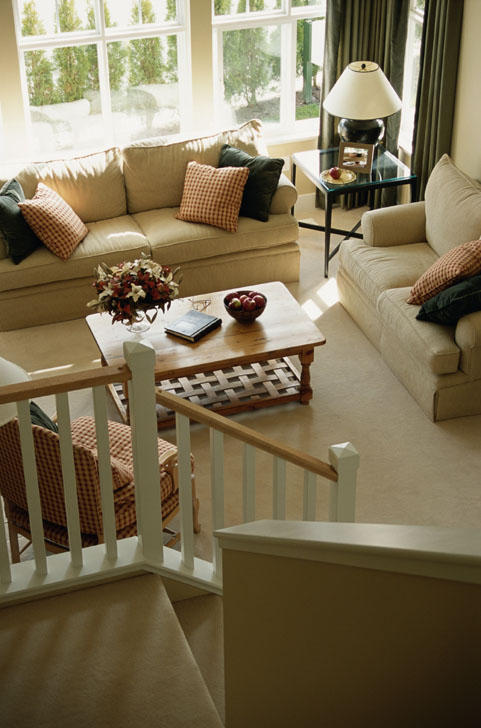Silestone Counters: The Newest High-End Alternative
See if We Have Top-Rated
Countertop Contractors in Your Area

Silestone counters contain quartz materials but they are actually man-made, engineered to look like any other natural stone surface. In fact, these "artificial" slabs are gaining in such popularity they're even out-competing other high-end products, such as granite and marble, for control of the luxury market. However, this is no coincidence since Silestone countertops also come with the same high-end price tag. Typically valued at well over $100 per sq foot, no one questions that they are truly an investment to be taken seriously. But what's the difference? How can something manmade be more expensive? What does this material bring to the table? Good question. And the best way to answer this question is through comparison.
Surface Design
The first thing you'll notice with Silestone counters is their surface pattern. Since they're not completely natural, you won't have the unexpected flourishes and one-of-a-kind "blemishes" that come with granite or marble. Instead, there is a uniform look to every one of these slabs, which may make it feel a bit cookie-cutter. However, it also makes it easier to install several slabs, tiles, borders, or edging next to one another without having to constantly worry about matching patterns. Also, these surfaces are speckled and come with a unique feature: under the right light they naturally sparkle, as if bits of glitter have been installed beneath the surface. Plus, unlike other natural stone products, this material comes with dozens of color options, allowing you to choose the perfect shade for your specific needs.
Maintenance-Free
One of the big benefits of engineered stone is that it can be made to withstand anything. Things in nature are precious, but they're also demanding in terms of upkeep: it's one of the reasons they're so expensive. On the other hand, Silestone countertops maintain the look of natural stone, but retain the durability of synthetic craftsmanship.
Flexible Heft: Silestone counters have the weight of granite and marble, which adds to their value and resiliency. But they also have four times the flexural strength of natural stone, so they don't easily chip or crack while being moved.
Solid Resistance: This material is hard and can't easily be sliced, scratched, or cut. In fact, on the Mohs hardness scale, it's a 7 out of 10 (ten being a diamond). Plus, it's extremely heat resistant and can withstand moments of heat without scorching. *Warning: It's resistant to extremes, but it's still best to use cutting boards and hot pads. Though it's tough, it's not impenetrable.
No Upkeep: Silestone counters don't require any additional sealing, polishing, or sanding like other natural stone.
Get one of the best products on the market today! Go with
Silestone Counters
Nothing Is Getting Through, Almost
The most important aspect of Silestone countertops is that they are non-porous, which means several things. They won't ever stain, so their high-gloss finish will never be ruined. Whether it's coffee, markers, or wine, this surface resists any permanent penetration. However, this doesn't mean you can be reckless: spills should be cleaned up immediately; if allowed to dry, stains will set. But never use any chemicals for cleaning otherwise the finish will be stripped. Simply use warm soap and water.
And the biggest benefit of non-porous materials is that there will never be any mold buildup or odors settling on the surface or within the stone itself. Which also means that it can go anywhere a surface is needed: bars, backsplashes, kitchen islands, showers, baths, or even floors.

